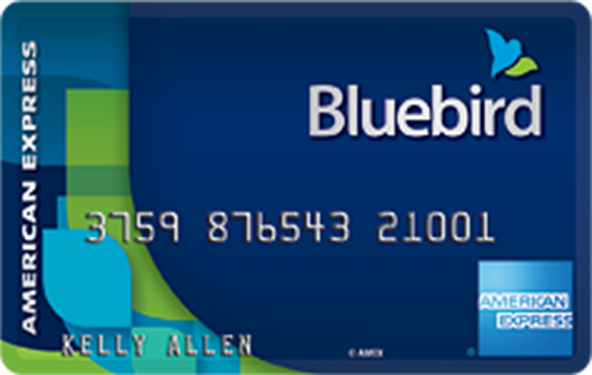American Express Chargeback Policy

American Express uses various operating policies and business practices to resolve customer disputes and to identify non-compliance chargebacks. These policies are defined in each merchant’s Card Acceptance Agreement and following is a list of their key elements.
Full Recourse Addendum. American Express typically requires merchants with high inquiry rates to accept full recourse on all inquiries. With full recourse in force, AmEx will send no request for information to the merchant and any charge disputed by a cardholder will be subject to immediate chargeback.
Document Retention. Merchants are required to retain each transaction’s original charge record or credit record and all supporting documentation for 24 months from the date each transaction was submitted to American Express.
Time Frames. Typically, American Express does not initiate an inquiry on a recourse basis, if more than 180 days have passed from the transaction date. This applies to charges that have not been previously disputed. For products or services delivered by the merchant or returned by the cardholder, the 180 days begins on the date of delivery, the expected date of delivery, or return of the goods or services. Additionally, American Express does not initiate a chargeback after 180 days for:
- Immediate chargebacks.
- Fraud full recourse.
- Non-compliance chargebacks.
Store Policies. American Express typically honors and supports merchants’ return policies in the event of a dispute, provided the policies are clearly disclosed at the time of sale. “Clearly disclosed” means that your policies were conveyed to the cardholder before the sale transaction was completed and were printed on a copy of a receipt or record of charge that the cardholder signs.
Mail and Telephone Order / Internet Physical Delivery. American Express will not charge back mail, telephone (MO / TO) or internet order charges if the cardholder denies making or authorizing the charge, provided the merchant has performed all of the following actions:
- Obtained an approval code for the charge.
- Verified that the address to which the products were shipped is the cardholder’s billing address*.
- Obtained a receipt signed by an authorized user verifying the delivery of the products to the billing address.
*A cardholder’s billing address can be verified through the use of the American Express Address Verification system.
Be advised that a chargeback can still be applied if the cardholder does not recognize the signature and / or name on the proof of delivery.
Recurrent / Automatic Billing. Similarly to Visa and MasterCard, AmEx requires merchants to immediately discontinue a recurring plan, once a cardholder has requested its termination. Unlike the Associations, however, AmEx plays a more active role in the process. After American Express informs a merchant (which neither Association does) that a cardholder has requested cancellation of recurring billing (membership dues, subscriptions, etc.), any future billing to that account number will result in an immediate chargeback.
Image credit: Wikimedia Commons.


